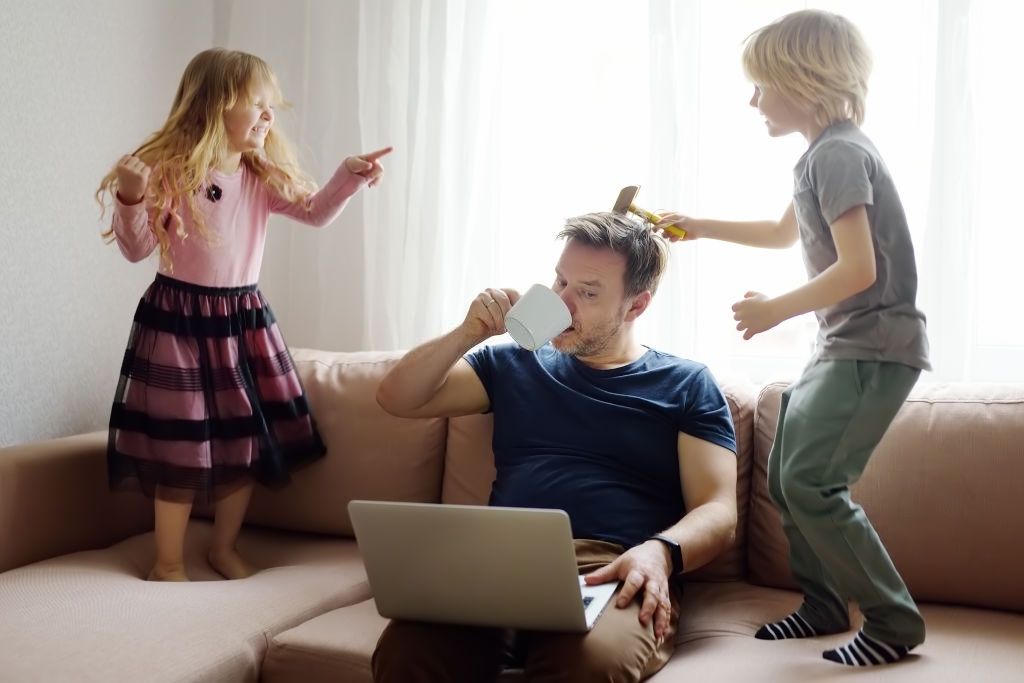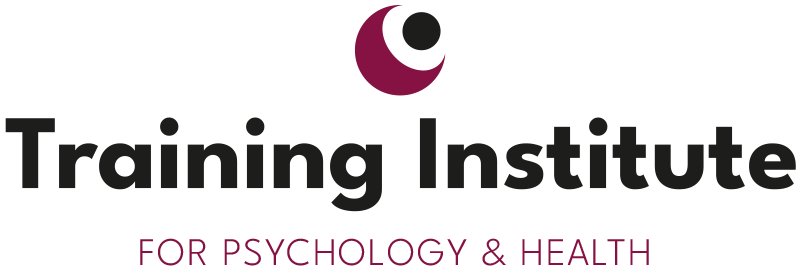The effect of parental burnout on men’s health

Contrary to what one might think, parental burnout is not only for mothers. Among parents with parental burnout, epidemiological studies indicate that 2/3 of them are women and 1/3 are men. Although women still perform two-thirds of the parenting tasks, men are increasingly taking their place. And, even if we sometimes forget it, parenting is now more “costly” for a man than for a woman. Women have been socialized for this role since they were very young. Men haven’t. And the men of this generation did not see their father being the kind of father that is expected of men today!
A study shows that men who become fathers experience a decline in their wellbeing which often results in depression and anxiety which are known to be risk factors for health problems for them such as heart disease, high blood pressure etc…
Parenting stress can take a toll on fathers’ well being and health. Why do we need to know this? Because it’s very important for men to seek help when they are overwhelmed with stress or when they notice something is wrong with their health. A lot of men think that they can just tough it out, or that they are too strong to be affected by parenting issues that can affect their health. This is not the case. Men are more likely to experience health problems than women, and they need to be aware of that and be willing to seek help to improve their health. If you are a father or a male in general and you are experiencing issues that could be affecting your health, don’t be afraid to seek help. There are many options out there, not just medication but counseling options as well. There are also online counselling options that are easier to squeeze in a busy schedule.
Seeking help before the situation becomes unbearable is important to prevent parental burnout. Parenting stress is normal and healthy. Parental burnout is not. There is a difference between parental burnout in men and women. Men and women experience parental burnout differently.
First, men have trouble accessing services that help them cope with their parenting problems. Their main reason for not asking for help is the fact that they believe that will eventually be OK (which is not always the case unfortunately) or that they feel it is not them who need it but their partners or children.
Second, men express parental burnout differently than women do. They often experience it through anger and frustration. Like women, men tend to accept society’s values and therefore feel like a failure if they cannot live up to them. Many fathers feel pressured by the idea that being a good father means spending as much time with the family as possible, but when they are not able to spend as much time with their children due to work or other reasons, they feel guilty (e.g., often working long hours). And, sometimes, they take this guilt and frustration out on the children. And this leads them to be even more guilty and frustrated in their parenting role.
Children of burned out parents will express their suffering in many ways. Some will become more hyperactive and aggressive. Thus, a parent in burnout may have more difficult children to handle when they came home from work. Fathers may experience even more stress at the end of the day and therefore be more prone to act in a hostile way toward their children. At the end, they feel they do not have the capacity to care for their family the way they would like and feel useless.
The consequences of parental burnout on men are similar to those observed in women, but with some nuances, of course. It leads to lower levels of satisfaction and happiness, as well as less emotional stability at home. Parental burnout also causes health issues: it can lead to headaches and gastrointestinal problems, sleep disorders, depression and substance abuse (and dependency). Sometimes, men feel so stressed and overwhelmed that they want to leave their family. They love their children but can’t stand being a father anymore…
For the sake of both fathers and their families, it is important to seek support and help before getting to that point…

